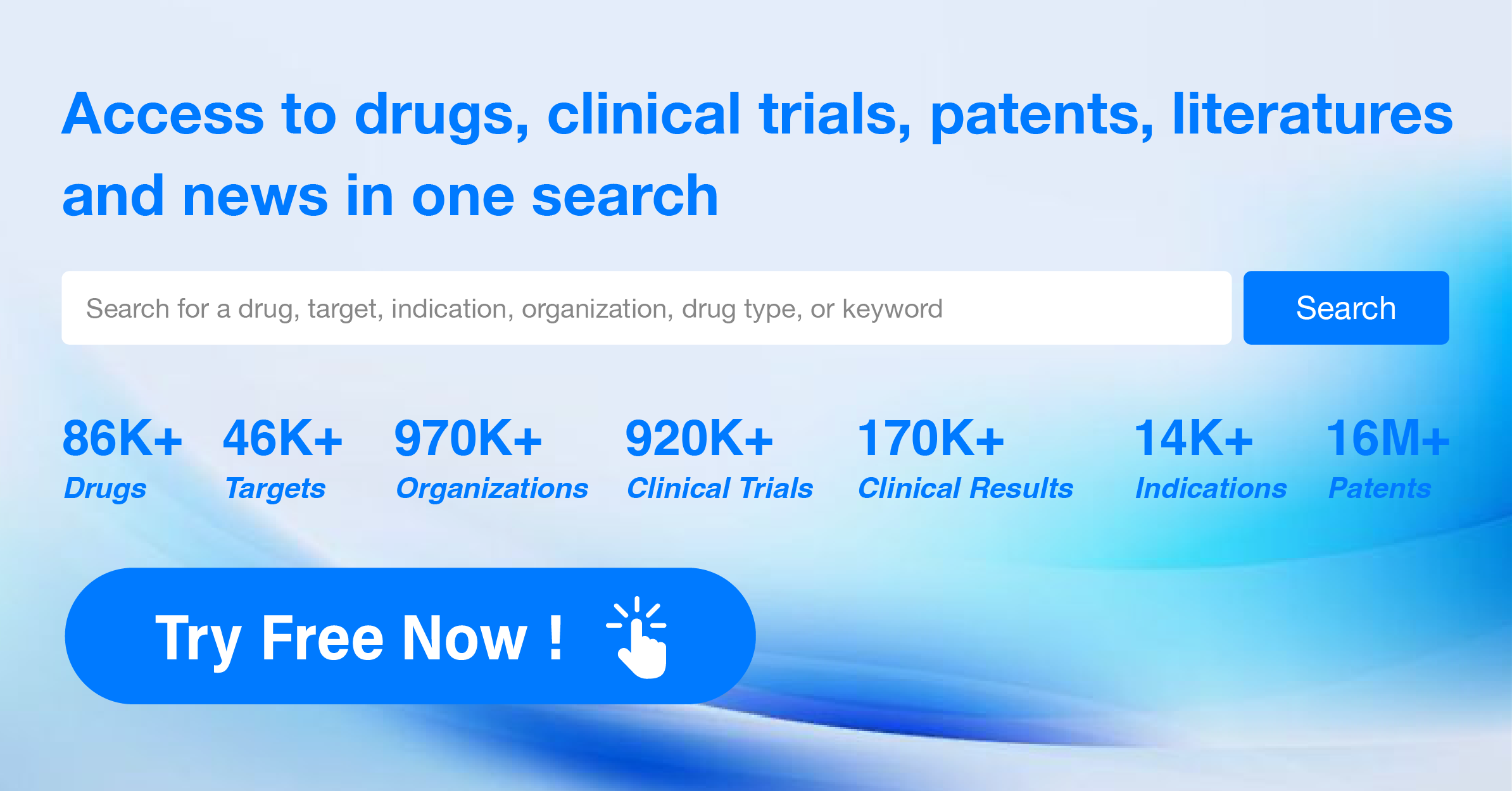First Patient Receives ALETA-001 Dose in Phase 1/2 Trial for Relapsed/Refractory B-Cell Cancer
Aleta Biotherapeutics, a company specializing in immuno-oncology, has initiated a Phase 1/2 clinical trial for its innovative biologic, ALETA-001. This CAR T-Cell Engager (CTE) is designed to enhance the efficacy of cell cancer therapies, particularly for patients with B-cell malignancies who have not responded well to CD19-targeted CAR T-cell treatments. The trial's primary objectives are to assess the safety, optimal dosage, pharmacokinetic and pharmacodynamic profiles, and initial efficacy of ALETA-001.
The first patient has been dosed in this open-label study, which is being sponsored and managed by Cancer Research UK’s Centre for Drug Development. The trial is set to evaluate ALETA-001's safety, tolerability, and its impact on patients who have relapsed or are refractory to existing CAR T-cell therapies. The study is being led by Dr. Sridhar Chaganti at University Hospital Birmingham NHS Foundation Trust and is listed on clinicaltrials.gov under the identifier NCT06045910 for further details.
Dr. Paul Rennert, President and Chief Scientific Officer at Aleta, expressed the significance of ALETA-001 entering clinical trials, noting its potential to offer a new treatment option for patients whose current CD19-targeted therapies are ineffective. ALETA-001 is engineered to boost the cancer-killing capabilities of CAR T-cells by increasing the density of the CD19 antigen on tumor cells.
Cancer Research UK’s Director of Drug Development, Dr. Lars Erwig, highlighted the need for ALETA-001, as many blood cancer patients experience relapses after CD19-directed CAR T-cell therapy. The molecule's novel mechanism involves coating tumor cells with a high concentration of the target antigen to enhance the tumor-killing ability of activated CAR T-cells.
Aleta's flagship program, ALETA-001, targets B-cell malignancies in patients who have undergone CD19-directed CAR T-cell therapy and are prone to treatment failure. The molecule is designed to improve the effectiveness of such therapies by increasing the density of the CD19 antigen and restoring its expression on cancer cells. ALETA-001 combines the CD19 target protein with a CD20 antibody domain, allowing for the recognition and destruction of CD19+/CD20+ cancer cells by pre-existing CD19-directed CAR T-cells in the patient's body.
Aleta has received significant clinical support and funding from Cancer Research UK for the ALETA-001 trials and has been granted a UK Innovation Passport by the UK Medicines and Healthcare products Regulatory Agency (MHRA) under the Innovative Licensing and Access Pathway (ILAP), which is reserved for medicines addressing serious health needs.
Aleta Biotherapeutics is advancing cancer treatment by enhancing the potency of CAR T-cell therapies. The company's multi-antigen CAR T Engagers are developed to increase the density of cancer targets and prevent therapy resistance, leading to more effective cancer cell destruction. In addition to B-cell malignancies, Aleta is also developing its technology to target acute myeloid leukemia, multiple myeloma, and various solid tumors.
Cancer Research UK’s Centre for Drug Development has a distinguished history of bringing new cancer treatments to market, with over 160 potential anti-cancer agents having entered clinical trials. The center currently has over 20 new agents in development, with six already commercialized for various types of cancer.
How to obtain the latest research advancements in the field of biopharmaceuticals?
In the Synapse database, you can keep abreast of the latest research and development advances in drugs, targets, indications, organizations, etc., anywhere and anytime, on a daily or weekly basis. Click on the image below to embark on a brand new journey of drug discovery!




